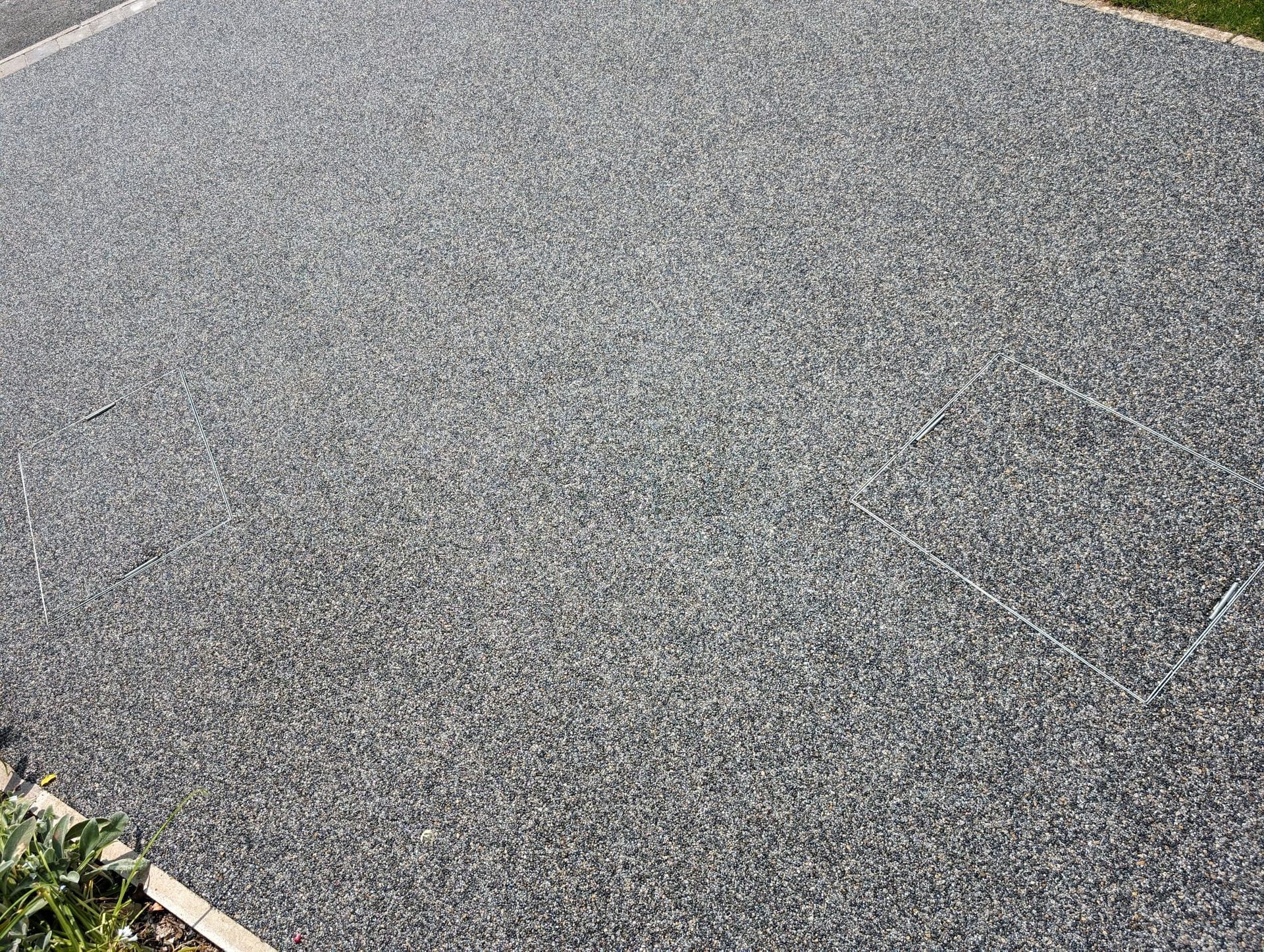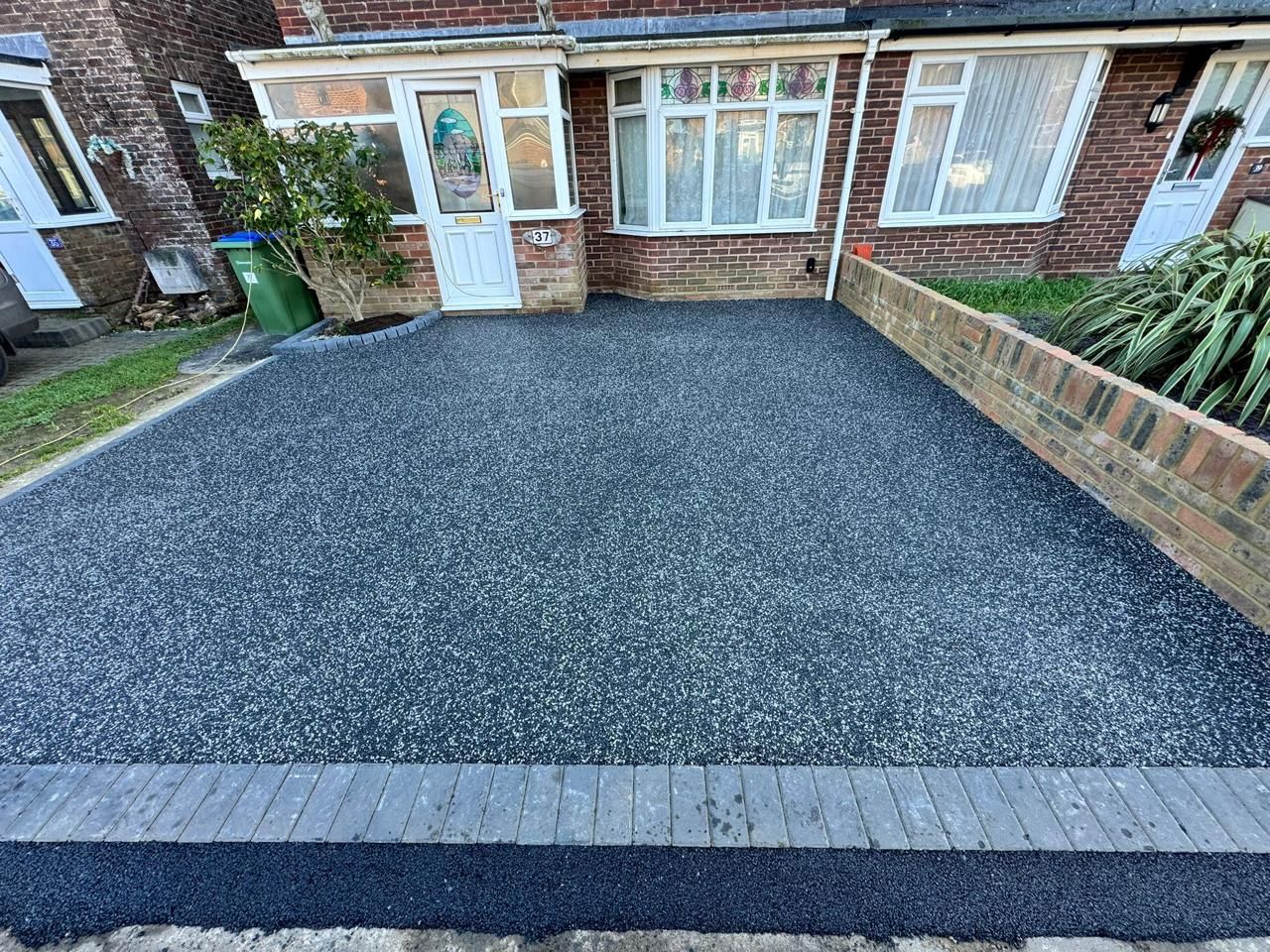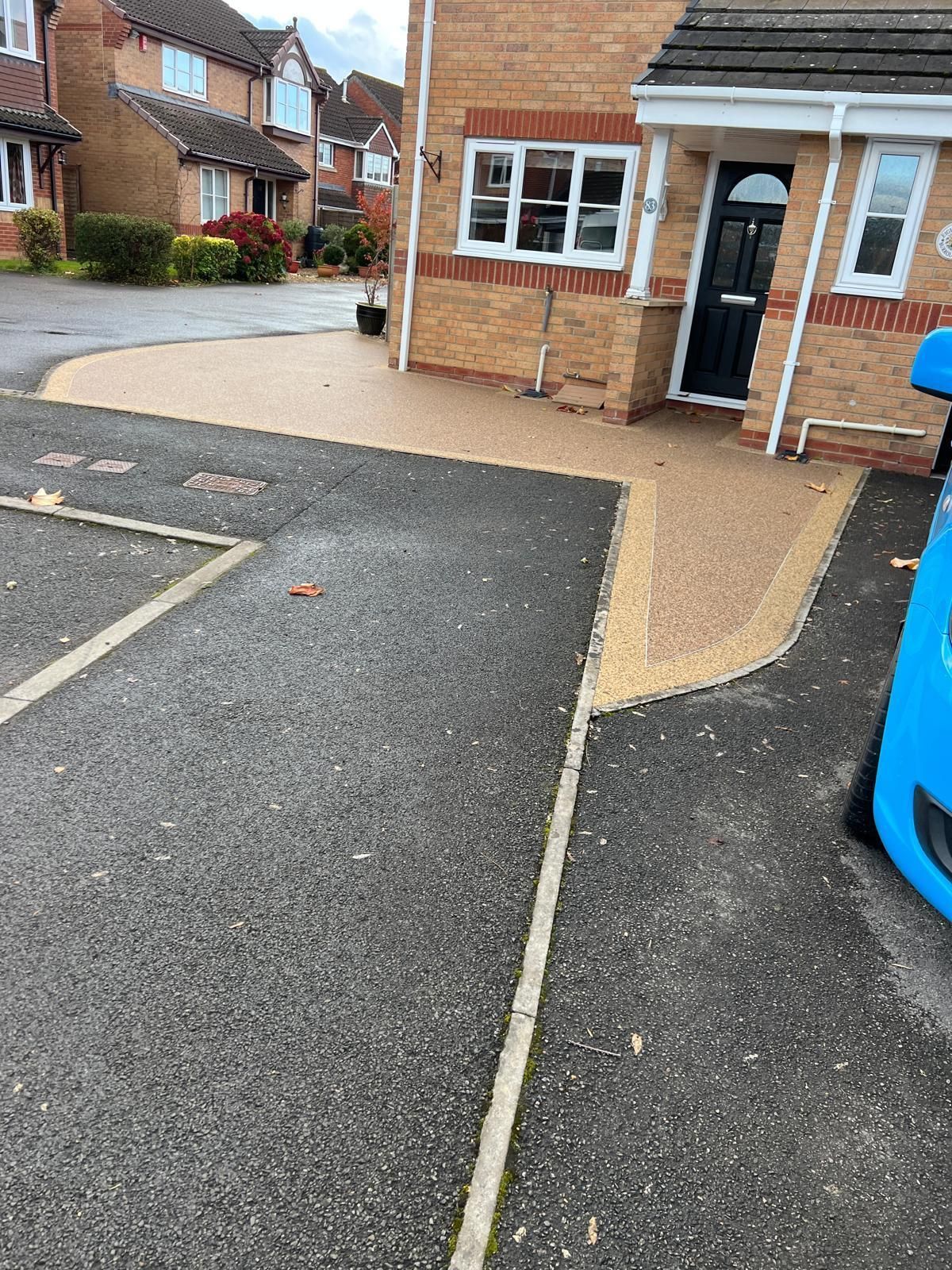Beyond Traditional Options: Why Resin Becomes the Alternative to Block Paving

Selecting the right material for garden paths significantly impacts the appearance and functionality of outdoor spaces. When comparing options, resin vs. gravel garden paths present a clear contrast in performance and maintenance requirements. Understanding these differences helps gardeners make informed choices based on long-term satisfaction rather than just initial appeal or cost.
Traditional Materials: Beautiful But Demanding
Traditional
resin vs concrete pathways comparisons highlight concrete's common issues: cracking in freezing conditions, staining from organic matter, and deteriorating edges. Similarly,
resin vs. paving slab assessments show how slabs often shift and separate over time, creating uneven surfaces and weed growth opportunities. These traditional options look appealing initially but typically demand increasing maintenance as they age.
Natural Materials: Charming But Challenging
Better paths than flagstone paths need to address flagstone's tendency to become slippery when wet and its propensity for moss growth. When evaluating
resin compared to wood chip paths, resin's stability and longevity become evident against wood chips that decompose, scatter, and require regular replenishment. Natural materials offer rustic charm but often at the cost of practicality.
Alternative Modern Options: Varying Performance
The
resin-bound vs. resin-bonded paths discussion involves two similar-sounding but different techniques. Bound systems, where aggregates mix throughout the resin, typically offer superior longevity and drainage compared to bonded systems, where aggregates attach to the surface. This distinction matters for long-term performance and maintenance requirements.
Comprehensive Comparison
When examining
resin vs brick garden paths, resin's seamless surface presents fewer weed growth opportunities and displacement opportunities than brick's multiple joints. As an
alternative to block paving, resin provides comparable durability without the issues of settling and weed infiltration between blocks. The
advantages of resin over stone include consistent performance without the weathering, moss growth, and shifting that often affects stone paths.
The
benefits of traditional paths become increasingly apparent when considering the entire lifecycle of garden pathways. While each material has its place in landscape design, resin consistently offers reduced maintenance requirements alongside excellent durability, making it the preferred choice for gardens designed for enjoyment rather than constant upkeep.




